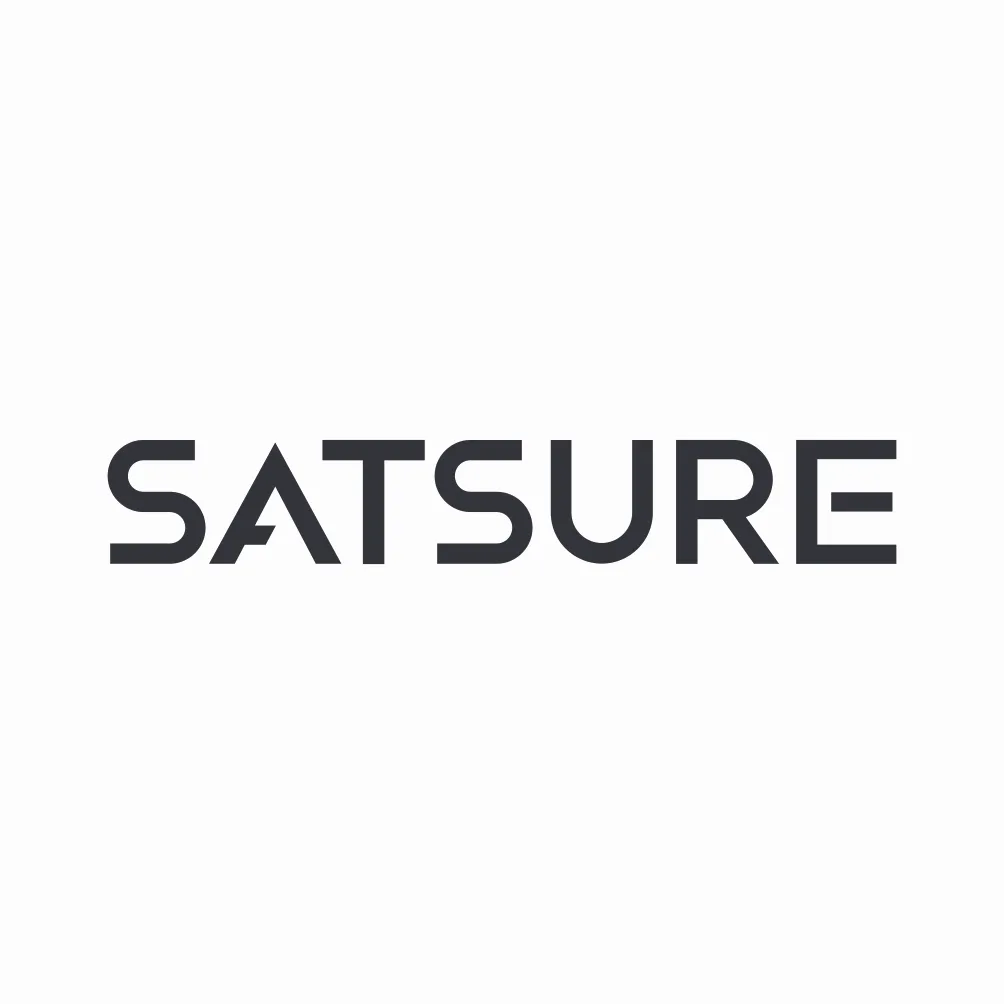Building a startup from scratch is often compared with bringing up a child. Entrepreneurship is no walk in the park as it can be extremely challenging to solve a problem with your own solution and also make others believe in your work as well.
SatSure was launched back in 2017 by Prateep Basu, Rashmit Singh Sukhmani and Abhishek Raju with an aim to drive rural and agricultural financial inclusion using space data. Over the years, the targets have only expanded.
We recently celebrated Prateep Basu’s, Founder and CEO at SatSure, five year work anniversary. The SatSure Team received a letter from him where he talks about his own learning and experiences while leading SatSure all this time.
From: Prateep Basu
To: The SatSure Team
Date: June. 20, 2022
Subject: RE: Five Years and Counting
I recently received a barrage of congratulatory messages on LinkedIn from my connections, wishing me a happy work anniversary. Upon checking, I realized it has been five years since I started at SatSure. And just around the same time, I wrote this article which was supposed to be a three-part series that thankfully never happened. Not because I wrote anything wrong in it, but because it has been five years and I am still doing the same thing that I wrote about naively but with passion.
Now please do not get me wrong, in these five years my passion hasn’t waned but what I got in return was a purpose – something that is a higher-order connection to the work we do. Purpose eats passion for breakfast; hence one needs to channel it well. Thereby, this article is not another one on SatSure and our work like I have tirelessly posted about on social media since 2017 in the absence of resources to hire a marketing agency, but more so on the five most important learnings that I have had as a founder since starting up SatSure.
1. Build Human Connections
If a business is about growing relationships, then human connection is at the root of it. Be it with your employees, customers, industry peers, investors, or even some random person who has no relation to your business. I know that we have sailed through the numerous ups and downs in our journey because we managed to build real connections, which got us emotionally invested in each other’s lives. Be it helping customers succeed at their jobs or becoming the emotional support for our colleagues during their lows, especially during the first COVID lockdown, we never viewed our relationships keeping money at the centre of it. This human approach benefited us indirectly as we had very little employee churn despite frequently delayed salaries during COVID’s first and second wave and a lot of inbound leads from well-wishers. However, building such human connections takes time and in my personal experience can only be done when ‘work’ becomes an integral part of your life and personal growth rather than being merely an activity to earn your livelihood.
2. The Power of Conviction
Now I was no newcomer to the art of networking by the time we started SatSure, but everything I knew and practised fell flat because I was supposed to meet and impress people from sectors I had no clue about. But my initial low confidence in the subjects of remote sensing, finance, agriculture, machine learning and public policy started impacting the company, which we couldn’t afford because others were relying on me to generate business, get product insights, and attract investors. There was no time to upskill, I should have thought about it earlier. Hence, I self-taught myself the basics of these subjects – sometimes by talking to my colleagues who were the internal experts, over drinks with customers with whom I would share my know-how on the satellite Earth observation sector, and watching videos on YouTube. Circa 2022, and I am supposedly an industry expert on these subjects! All because I backed myself due to my conviction that what we are doing at SatSure is meaningful, and the sense of responsibility of representing my colleagues. I see the same level of conviction in my colleagues, that ‘never back down’ attitude when faced with challenges. And that to me is a bigger win than anything I can imagine because conviction translates to ownership – a rare quality in today’s world.
3. Doing More with Less
It is not very common for startups to scale without any venture capital to a 50 full-time employees’ team. Many people would ask me how we can do things that other companies with exponentially higher resources than us aren’t able to crack. Initially, I would be surprised because I never thought outputs to be extraordinary (although their impact was). Every day was a new hustle, and I held ourselves to the highest standards of quality and service. But it was not possible to deliver that every time, and I would always be constantly worrying about scaling up. However, upon introspection it was clear why our successes were more than the failures – we had a great team! We didn’t have those so-called rockstars (because we couldn’t afford them), but a unique set of eclectic people who were better than the average in their respective domains and brought in diversity of thought and experience. We have, what they call, tremendously high talent density! Building things frugally became part of our DNA and today as we scale, our focus is very much on retaining this culture of lean teams by hiring the right people and nurturing them to reach their full potential.
4. Communicating Effectively
I am a culprit of poor communications, which in the past has led to misalignment in the team, incorrect prioritization of tasks, vague expectation setting with reportees, and incomplete transfer of knowledge. All of these led to unnecessary reworks, late nights and weekends for many of us, friction between people due to lack of role clarity, missing ownership of key jobs to be done, and inconsistent growth (and unhappy people) for the company as a result of all of these. If you are building a company, the first and foremost thing to get right is communications. I have learnt it the hard way, but my two cents are on the saying – “there is nothing as such called over communicating’. It defines a leader from a doer and helps one avoid the continuous firefighting that is so common in startups that are growing.
5. The Art of Problem solving
What do you do when you see a new problem? Wait for the expert’s view, only to realize later that it requires more than one such expert. Or hope that someone else will come and provide a solution to the problem? I strongly believe that the ability to do problem-solving at every level, with customers, across internal teams, and within a specific team is as essential as breathing air to live. Unfortunately, I haven’t come across many problem solvers who think from the first principle and come up with solutions. A company like SatSure that operates at the intersection of many well-established sectors requires not only domain specialists, but also deep generalists for product & business roles especially. I learnt that we need this niche breed of people to scale post deconstruction of my role and contribution to building SatSure. There are always some or the other non-standard requirements that will pop up during customer meetings. If we can listen, understand, think and solve the problem right then and there, it would save the entire organization a lot of time.
We see a lot of companies trying to build something meaningful and impactful. However, what it needs is a unique mix of culture, teams, attitudes, knowledge base and guidance. We are 5 years into our journey of becoming the most successful space data applications company in the world and I look forward to all of us working together to achieve this as we have always done.





Add comment